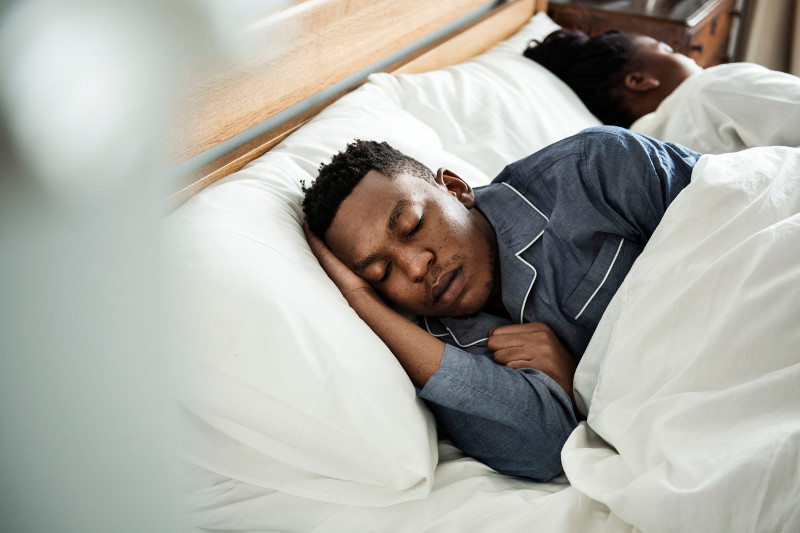
Sleep disruption can be precipitated by a wide range of conditions, and prolonged sleep disruption—or insomnia—can lead to a variety of negative health effects. During the COVID-19 pandemic, stress levels have increased dramatically, and patients may be struggling with extreme cases of insomnia. But stress isn’t the only condition underlying sleeplessness.
Nocturia (frequent nighttime urination) is a common underlying condition that interrupts sleep throughout the course of the night. Globally, nocturia tends to be under-recognized by clinicians; however, the condition may improve with personalized treatment. Although nocturia is prevalent in the population and worrisome for patients and clinicians alike,1 studies suggest that treatment can greatly improve health-related quality of life.2 Yet, according to one poll, 62% of Americans do not know that this is a medical condition with potential treatment, and, perhaps more concerning, 66% of sufferers polled had not talked to a doctor about their symptoms.3
Many patients view nocturia as a natural part of aging, which may account for the sometimes very low reports of visits to clinicians—for instance, in one study focused on female Taiwanese patients, only 13% saw a clinician to discuss their nocturia.4 This creates an opportunity for primary care providers to step in with personalized, preventative medicine for long-term health.
Several episodes of nighttime urination are more likely to occur in certain groups without any underlying renal challenges:
- Men with enlarged prostates (and it is one of the most bothersome symptoms)5,6
- Individuals over the age of 60 (overall prevalence is 77% in both men and women)7,8
- People with sleep apnea9
However, anyone may be affected by nocturia. Although definitions vary, most of the health effects are seen in patients who are waking up two or more times a night to urinate.10 As a multifactorial condition with many potential antecedents, triggers, and mediators, nocturia presents a challenge for personalized treatment.
Members Only Content
To continue reading please subscribe to WellnessPlus by Dr. Jess MD
Be your own best doctor with our comprehensive suite of online health coaching tools.
